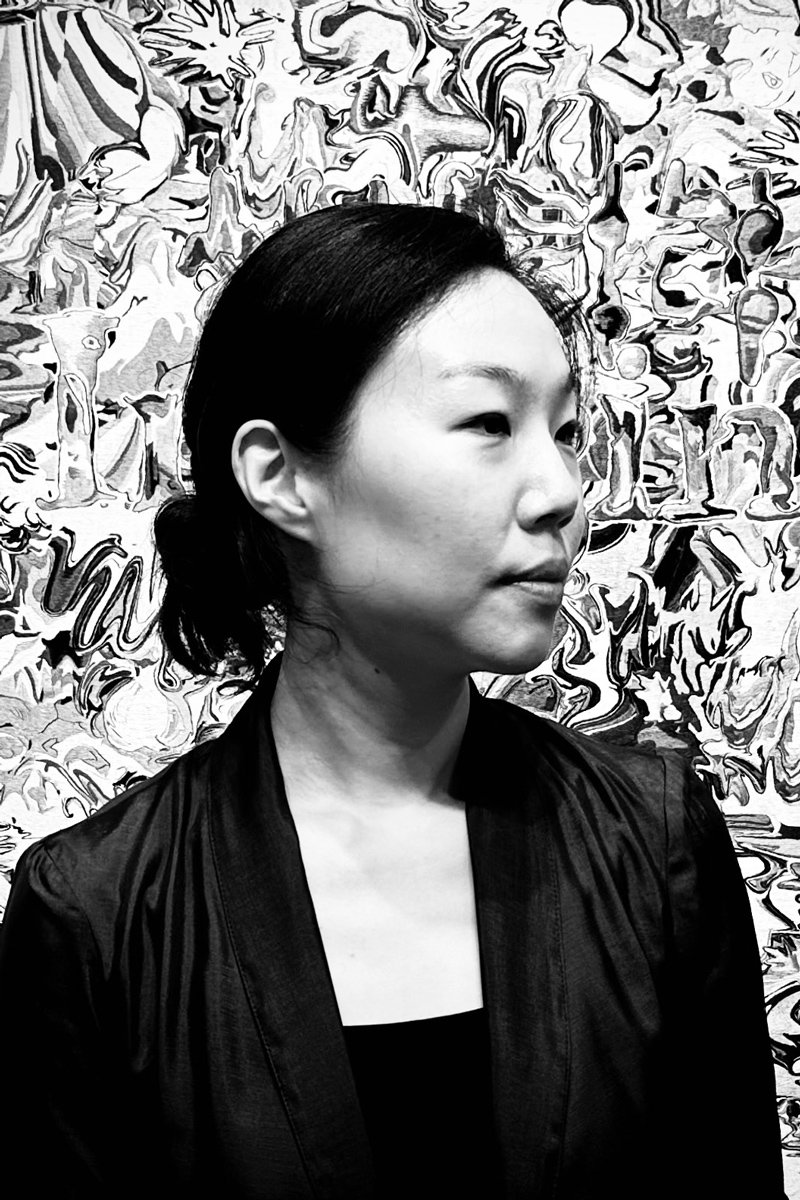
Sohl Lee
Associate Professor
Areas of Specialization: Contemporary East Asian Art and Visual Culture, Global Contemporary Art, Eco-Aesthetics, Decolonial Visual Cultures
Ph.D. University of Rochester
Email: Sohl.Lee@stonybrook.edu
Office: Staller Center for the Arts #4212
I received my Ph.D. in Visual and Cultural Studies from the University of Rochester in 2014 and a B.A. in Art History and International Relations from Smith College in 2006. I am Associate Professor of Modern and Contemporary East Asian Art History at Stony Brook University, specializing in the art of Korea and East Asia, global contemporary art, eco-aesthetics, and decolonial visual cultures.
My first book, The Minjung Art Movement: Decolonization and Democracy in South Korea (Duke University Press, forthcoming April 2026), shows how artists mobilized print, painting, performance, and image circulation to build movement publics and reimagine sovereignty amid intertwined processes of decolonization and democratization. The project has received support from the Social Science Research Council, the Korea Foundation, and a publication subvention from Korea Arts Management Service/Ministry of Culture.
My curatorial project Being Political Popular (2012)—an exhibition-and-catalogue inquiry into 1980s–2010s art—became the practical, exhibition-driven entry point to transnational networks that my scholarship now tracks. A complementary line of research examines Cold War and Global South circulations—most recently in my Art History article on DPRK–Cuba exchanges—foregrounding exhibitions, cultural diplomacy, and alternative cartographies of modern and contemporary art. More broadly, my scholarship interrogates how art historical method intersects with the long nineteenth–twentieth centuries of imperialism, colonization, and war by following objects across borders and publics.
My second, rapidly advancing project develops “seaweeds as method” to rethink inter- and intra-Asian connections through an archipelagic lens that keeps East Asia squarely in view while following coastal knowledge systems across the Pacific. Anchored in work across Korea–Japan with field-based collaborations in Jeju, Hawaiʻi, Los Angeles, and Shinnecock, this research has been supported by a Getty Research Institute Scholar-in-Residence fellowship (theme: “Extinction”) and featured in programs at the Leeum Museum (Seoul), the California Seaweed Festival (Los Angeles), and Ma’s House (Shinnecock).
Across these projects, collaboration is both method and ethic. I work relationally with community archives and museums—crediting multilingual student scholarship and moving research with and for publics rather than delivering it to them. A signature example is Printing Solidarity: Tricontinental Graphics from Cuba (Zuccaire Gallery), an archives-to-publics teaching lab I advised and programmed with support from Interference Archive; our classroom/gallery practice later became a co-authored, peer-reviewed article. I received the SUNY Chancellor’s Award for Excellence in Teaching in 2020.
Current initiatives include “Planet Art Life,” a curatorial platform at Stony Brook that brings together scientists, documentary filmmakers, and Indigenous women–led aquaculture partners to link climate justice, coastal ecologies, and visual culture through exhibitions, screenings, and public programs. I also mentor a Vertically Integrated Project (VIP) studio, “Seaweed Futures: Designing a Zero-Carbon Exhibition,” where undergraduate and graduate students prototype materials, energy models, and life-cycle strategies for sustainable displays—advancing the work at the tempo of relationships rather than on a unilateral timeline.
